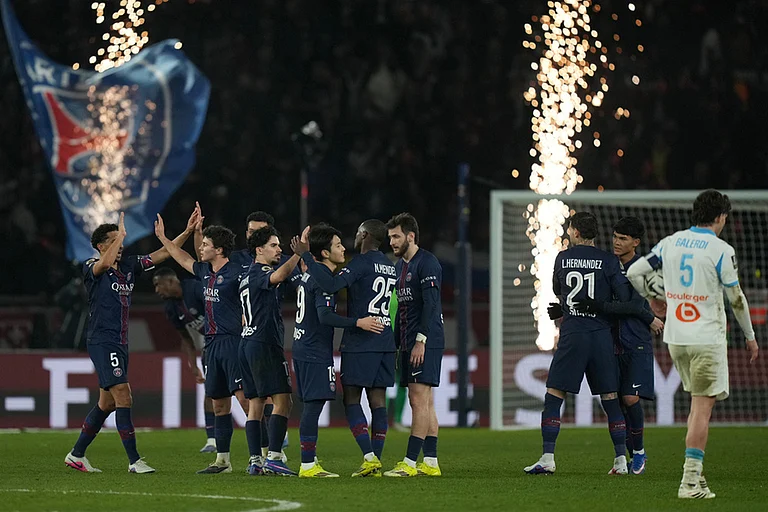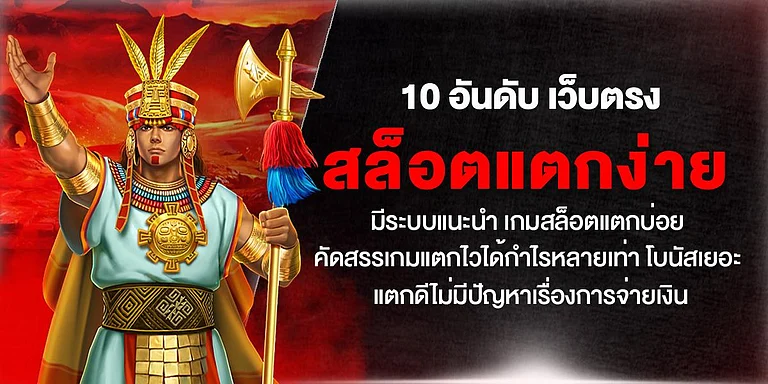IFFI, which had turned non-competitive after 1987, is returning to a limited form of competition this year. For the first time, a cash component has been introduced. The best film by an Asian woman director will get a Golden Peacock and a cash prize of Rs 5 lakh. The most promising director will get a Silver Peacock and a cash prize of Rs 2.5 lakh, while the special jury prize will fetch an artiste or a director a Silver Peacock and Rs 2.5 lakh. IFFI '96is expected to cost Rs 1 crore, of which Rs 25 lakh is being provided by the Delhi government.
The 20-odd films in competition will be assessed by a jury headed by legendary French actress Jeanne Moreau. The other members will be Marta Meszaros, Susan Seidelman, Tadao Sato and Shyam Benegal. Among the films that will be vying for top honours are Anna Hui's Summer Snow (Hong Kong), Canan Garade's Love Colder than Death (Turkey), Idit Shechori's In the Name of Love (Israel), Sagari Chhabra's Tatva, Sai Paranjpe's Papeeha and Suhasini Mani Ratnam's Indira (all from India).
It is nothing short of a miracle that despite being strapped for cash, being inadequately staffed and overworked, the officials of the Directorate of Film Festivals (DFF), led by Malti Sahai, are well on course to making the best of a hopeless situation. With just a few days to go for the inauguration of IFFI '96, the signals from the I&B Ministry, too, seem to be rather encouraging. I&B Minister P.A. Sangma has reportedly asked his officials to ensure that the festival is not marred by unduly long inaugural functions and protracted speeches by politicians and bureaucrats. "Film personnel and movie buffs should be allowed to savour the festive spirit without unwanted diversions," he is believed to have decreed.
Sangma can be sure of unstinted support here. After all, nowhere else in the world are film festivals hijacked by politicians and bureaucrats quite to the extent that they are in India. And in any case, IFFI '96 has enough to keep true lovers of cinema busy. At least 10 films of Orson Welles, the creator of Citizen Kane, will be screened in the Heritage section. The Gene Kelly package will include 11 films choreographed or directed by the dancing star—Brigadoon, For Me and My Gal, It's Always Fair Weather, Three Musketeers, On the Town and Singin' in the Rain. While An American in Paris is missing from the Kelly retrospective, viewers will get a truncated glimpse of the film's climactic ballet in That's Entertainment.
In the Cinema of the World section, films like Aki Kaurismaki's Leningrad Cowboys Meet Moses, Ron Howard's Apollo13, Jim Sheridan's In the Name of the Father and John Boorman's Beyond Rangoon are likely to be the highlights. But the main attraction will be the Marta Meszaros retrospective, which will include the famed Diary trilogy—Diary for My Children, Diary for my Loves and Diary for my Father and Mother—besides The Two of Them, Just Like At Home and Adoption.
Another section bound to attract more than average attention is the focus on Iranian Cinema. Iran has of late been making waves with films that are strikingly aesthetic in execution. The 12 films in the package will include one by Abbas Kiorastami, Through the Olive Tree. Among the other films will be Nassar Gholamrezai's The Cease Feud, Behrul Afkhami's The Bride and Mohsen Makhmalaf's The Actor.
With women filmmakers dominating, India's annual celebration of cinema has the makings of an event with a touch of novelty. Just as well. This after all is the centenary year of the art.


























